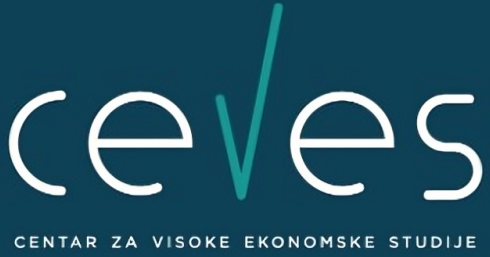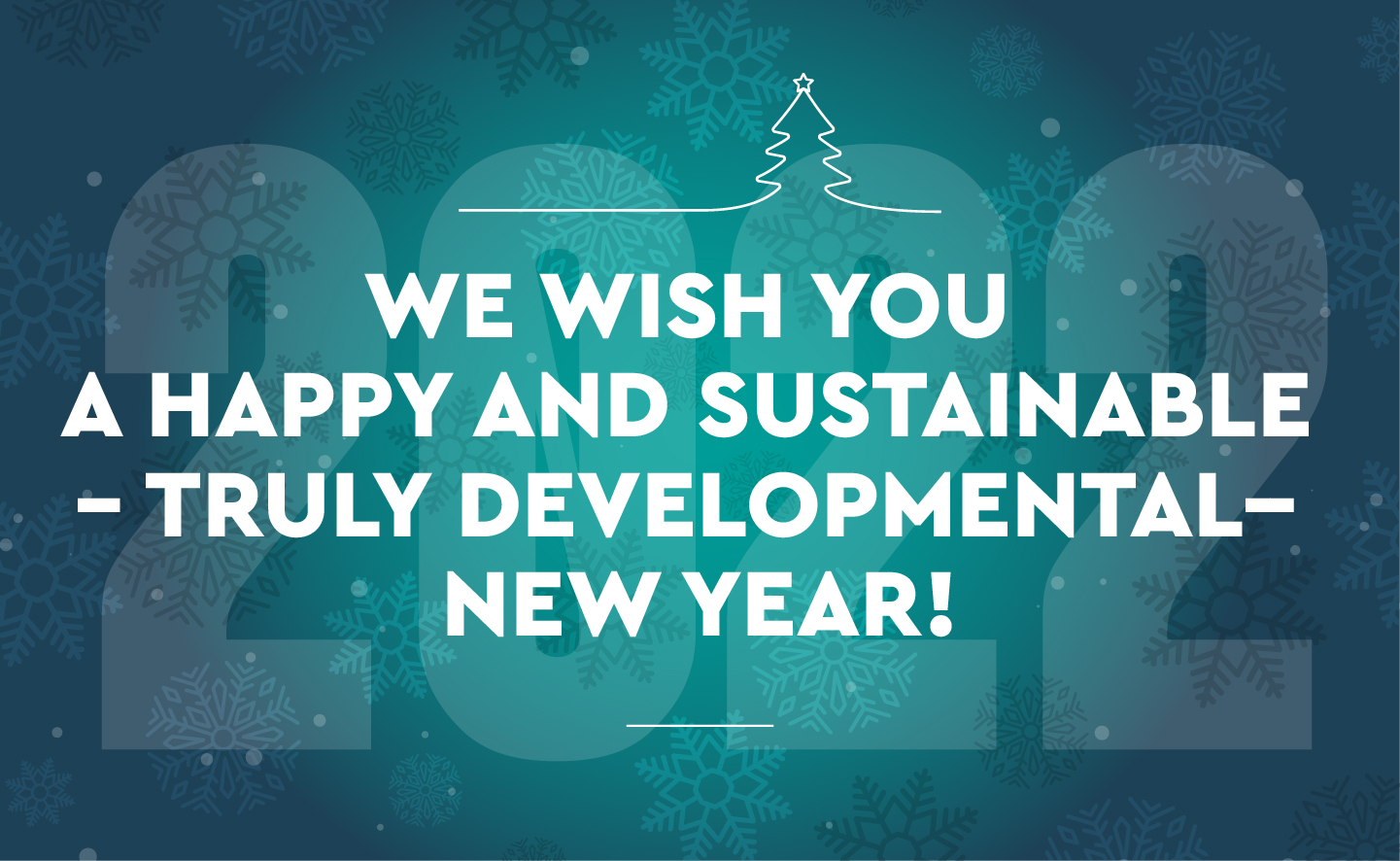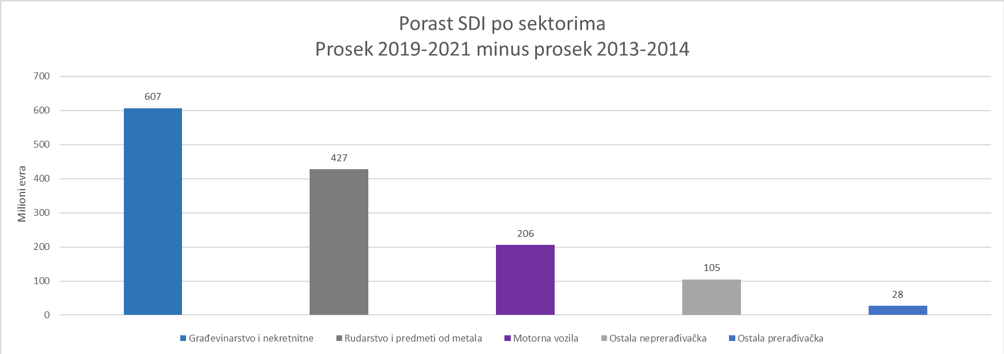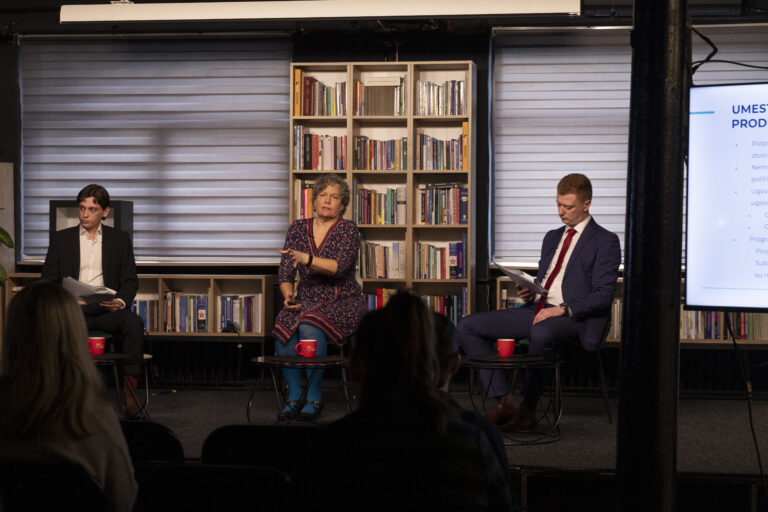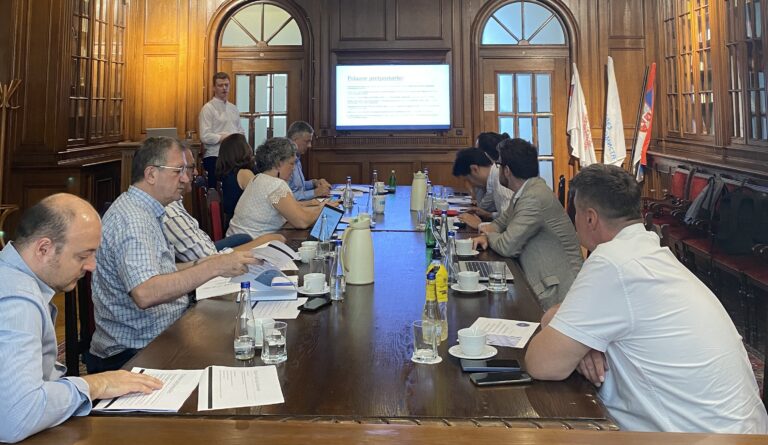CEVES Newsletter
Naša novogodišnja odluka je da budemo direktnije u kontaktu sa vama kako bismo ojačali međusobnu komunikaciju i podršku u nastojanju da Srbija postane bolje društvo. Koristimo ovu priliku da vam poželimo srećnu novu godinu, i da ukratko rezimiramo naš rad i fokus.
________________________________________________________
Zalažemo se za „istinski“ društveno-ekonomski razvoj, koji donosi dobrobit – rastući dohodak ali i prilike za ostvarenje nematerijalnih potreba i prava – svim građanima, koji „ne ostavlja nikog za sobom“, koji prepoznaje da treba štititi i one koji će se tek roditi — jer je ekološki održiv. Zato smo prigrlili Agendu 2030 Ujedinjenih Nacija, a viziju za Srbiju u 2030. godini i prioritete za koje se naši partneri i mi zalažemo, možete pronaći u dokumentu na Platformi Održivi razvoj za sve. Za ostvarenje ove vizije borimo se na tri fronta.
________________________________________________________
Osnaživanje domaće privrede, koju čine mala i srednja preduzeća, ili preduzeća koja su to donedavno bila, a koja su u senci stranih investicija i javnog sektora. Posle decenije uništavanja i dve decenije mukotrpne transformacije, stasala je nova domaća privreda : rezervoar znanja, veština i preduzetničke energije koji, uz odgovarajuću saradnju i podršku, mogu obezbediti razvoj najudaljenijih krajeva zemlje, kao i dovesti nas do prvih linija tehnološke revolucije.
________________________________________________________
Snažne, odgovorne i transparentne institucije, na evropskom nivou, pred kojima svi imaju ista prava, koje ne čekaju na „mig odozgo“ već planiraju politike kako bi znale šta im je činiti i kuda ulagati sve veća sredstva koja su nam na raspolaganju. Sa takvim institucijama i odgovor na pandemiju bio bi ekonomičniji i delotvorniji.
________________________________________________________
CEVES STAV
Skorašnji protesti su uspeli, u smislu da su doveli do izmene odnosno neusvajanja dva zakona, jer su dodirnuli sve šire i dublje nepoverenje koje srpsko društvo—i ne samo glasači opozicije—gaji prema državi. To nepoverenje, odnosno slabost institucija koje ga proizvode, košta nas sve više istinskog društveno-ekonomskog razvoja. O tome da će nas to naročito koštati u oblasti rudarstva pisali smo u tekstu u NIN-u.
Zeleni razvoj, o kom se svest u Srbiji konačno budi. Nije, kao što nam poruka stiže sa vrha vlasti, greška napuštati ugalj. Zeleni razvoj treba prigrliti, jer on vodi u budućnosti i jer se razvoj koji razvija ljude zasniva na pametnijim, a manje energetski intenzivnim industrijama.
________________________________________________________
CEVES OPSERVATORIJA
Činjenica da se sve važne odluke u Srbiji umesto decentralizovano donose iz jednog centra (moći) košta nas razvojnih šansi. Na primer, godišnji priliv SDI je u prethodne tri godine za gotovo dve milijarde evra veći nego u periodu 2013-14, međutim Šansu da iskoristi dobru poziciju i privuče kvalitetnije investicije Srbija koristi samo u automobilskoj industriji na koju se odnosi tek 10% ovog porasta (porast od oko 200 miliona EUR godišnje). To je „izuzetak koji potvrđuje pravilo“ jer na privlačenju automobilske industrije sistematski rade timovi – i sa srpske i sa nemačke strane (odakle gro ovih investicija i dolazi). Osim u često osporavanu industriju gume, prilivi u ostatak prerađivačke industrije su nepromenjeni ili čak opadaju! Glavni porast priliva dogodio se u izgradnji nekretnina (koje ćemo tek objašnjavati!), i u sektorima rudarstva i osnovnih metala – upravo u sektorima “malog broja velikih projekata“ u kojima pregovore i odluke mogu da zavise od jednog čoveka.
Izvor: Narodna banka Srbije. // Metodološka objašnjenja
________________________________________________________
Velika zahvalnost našim partnerima iz projekta “Održivi razvoj za sve”, kao i GIZ-u i SDC-u, zatim BTD-u, Nacionalnom Konventu o Evropskoj Uniji, USAID – Inovacije projektu, ILO, i drugim donatorima i partnerima koji nas motivišu da zajedno tražimo rešenja za izazove održive budućnosti srpske ekonomije i da sagledavamo mogućnosti za uključivanje u dobavljačke lance, inovacije, podršku start up zajednici i malim i srednjim preduzećima.
Radujemo se daljoj saradnji!
________________________________________________________
Vaš CEVES Tim
Kori Udovički, Nemanja Šormaz, Pavle Medić, Ivona Janović, Marijana Radovanović, Lana Hadži-Niković, Viktor Bačanek, Lazar Ivanović
